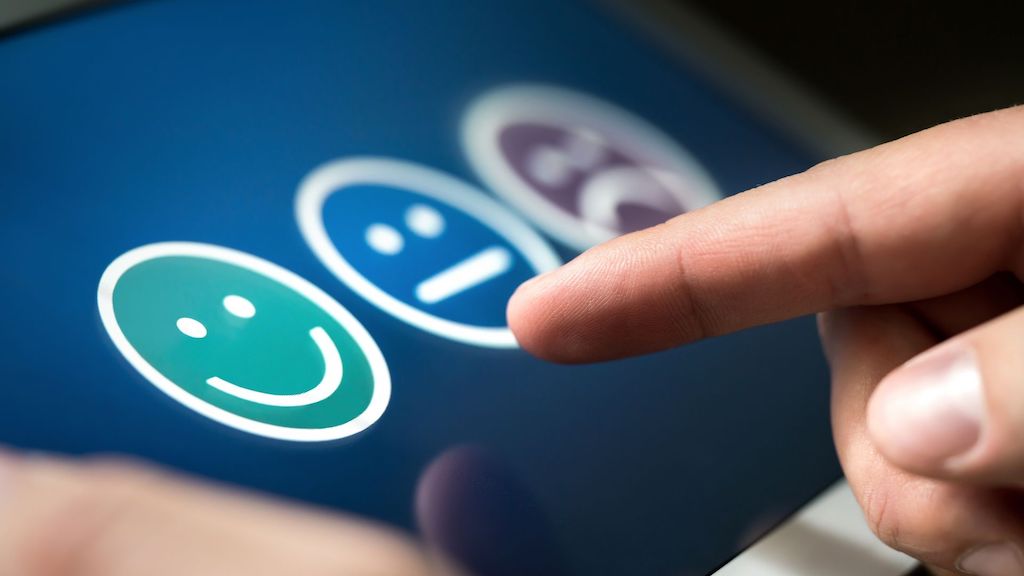As you know, the Black Lives Matter movement has challenged organizations to look at their role in creating and perpetuating systemic discrimination around the world.
What I’m seeing most organizations do is jump into action without fully understanding their current organizational climate around diversity, equity, and inclusion.
You absolutely must start with discovery, however.
There are a few different ways you can go about understanding employee perceptions and organizational culture. My personal favorite is a climate assessment.
Climate assessments are designed to measure employee perceptions of the current organizational culture. They also allow employees to safely share their thoughts, feelings, and concerns – something they need now more than ever.
The key is asking the right questions. If you’re looking to measure employee engagement, for example, you might ask employees to rate statements like, “This organization inspires me to do my best work every day,” or “I feel the work I do here is meaningful.”
Right now, though, you need to ask some tougher questions that help you measure how inclusive your work environment is.
This includes having employees rate statements such as:
- I would feel comfortable reporting harassment or discrimination to the human resources department.
- Getting to know people with backgrounds different from my own has been easy at this organization.
- My supervisor is committed to, and supports, diversity.
Also consider asking harder questions (harder because the responses are going to be harder for you to take in), such as, “Throughout your tenure at this organization, have you ever been left out of opportunities for professional advancement based on your membership in a certain group (e.g., gender, ethnicity, sexual orientation, disability, etc)?”
I point out the vast differences between employee engagement questions and equity/inclusion questions because they are totally different concepts. Don’t mistake an engagement or job satisfaction survey as one that measures inclusivity.
No doubt the equity questions look scary and make you uncomfortable, but asking these difficult questions is necessary to make long-term change in your organization.
As an example, we recently worked with a client who was fielding complaints of harassment and discrimination. Our first order of business – conduct a climate assessment.
One significant find was that, statistically, Black and female employees experienced the work environment much differently than other ethnicities and than males.
The data was hard to swallow but armed us with the information we needed to help the organization make a substantial change. After working with them for a year, a follow up survey found that the perception of both Black and female employees had increased dramatically. You can check out the full case study here on our website.
Positive change starts by understanding exactly what’s going on in your organization, even if it isn’t pretty.
The more you know, the more effective your diversity, equity and inclusion efforts will be.
Catherine & Rebecca
P.S. Don’t forget to register for our free webinar, Allyship Begins with Recognizing and Minimizing Implicit Bias. We’ll help you reflect on your own implicit bias and how it affects your behavior as well as provide tools for being a better ally. In fact, some of the ally information you’ll learn was delivered in that client organization. You won’t want to miss it!


